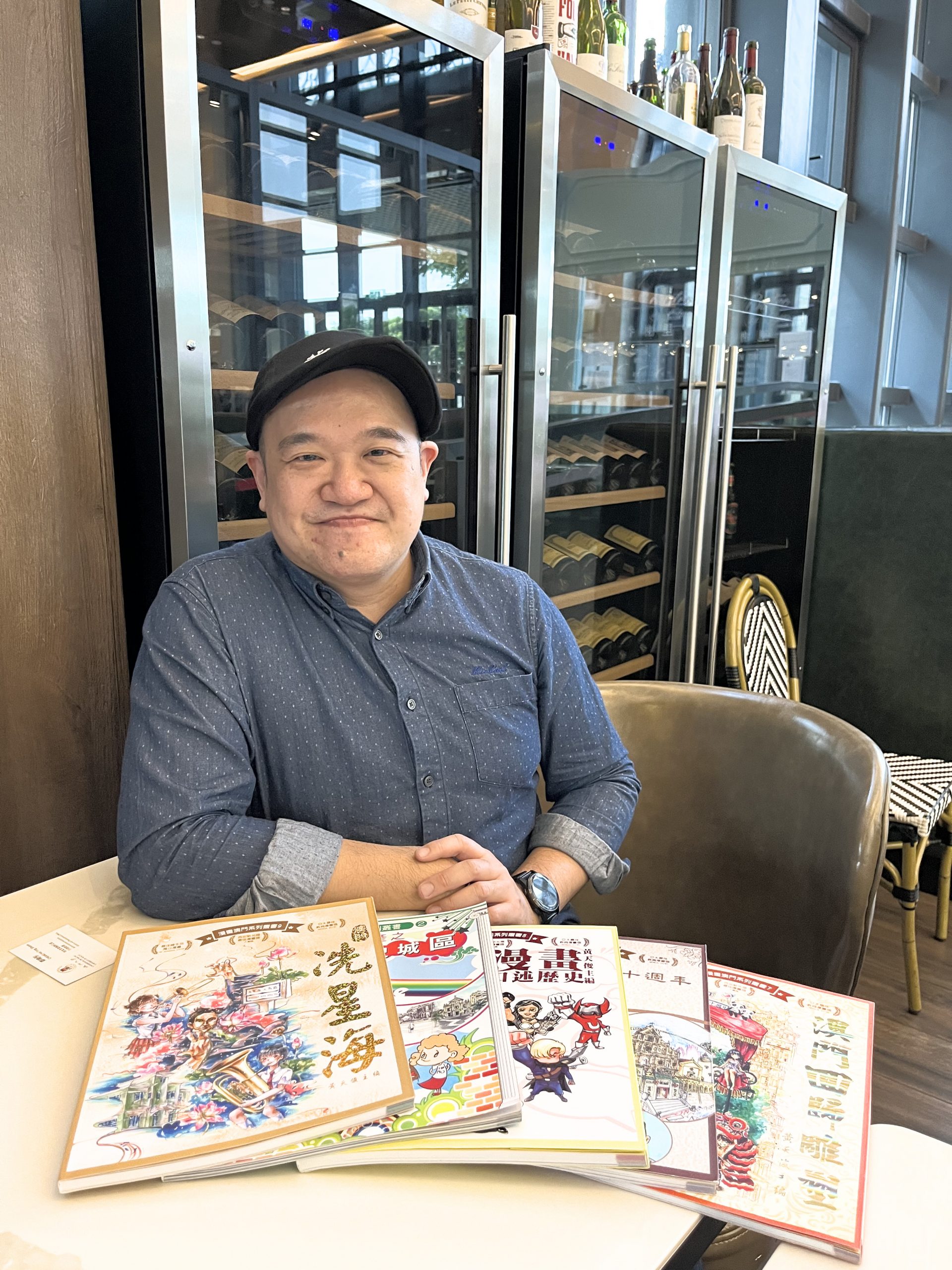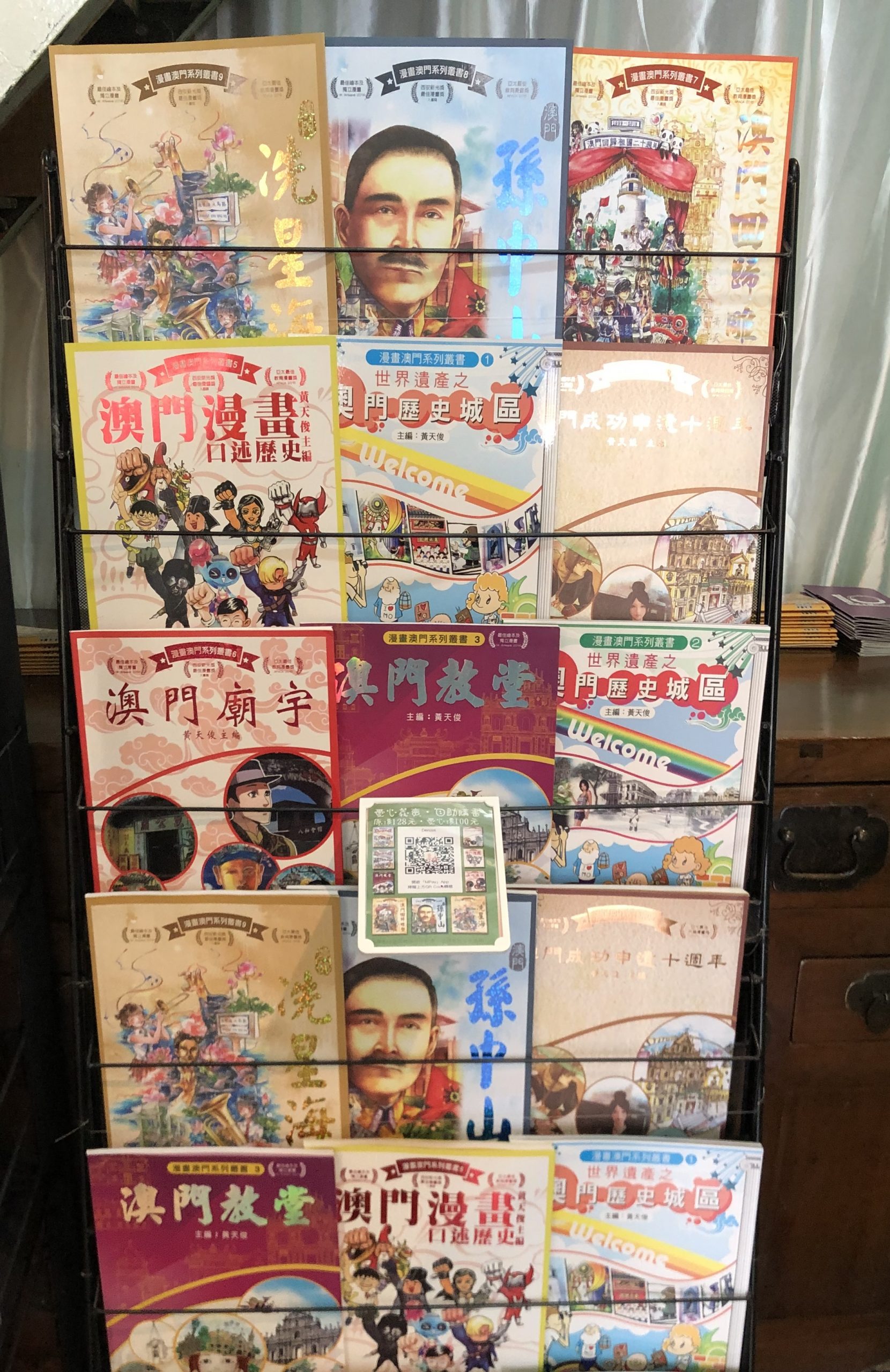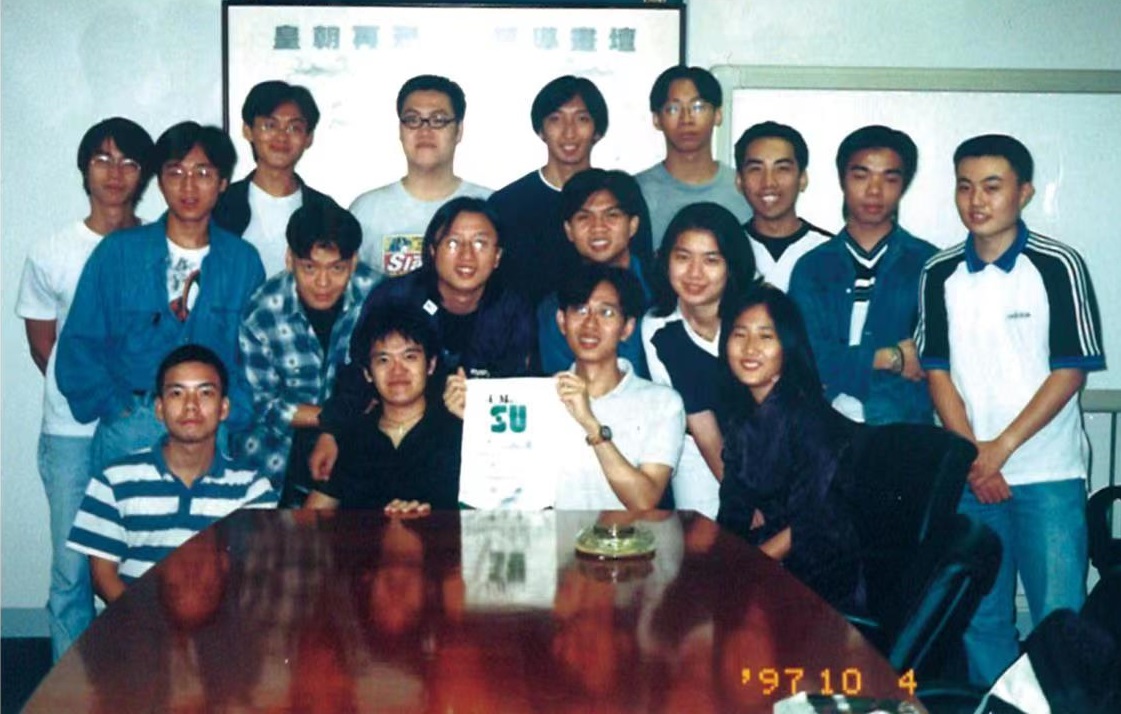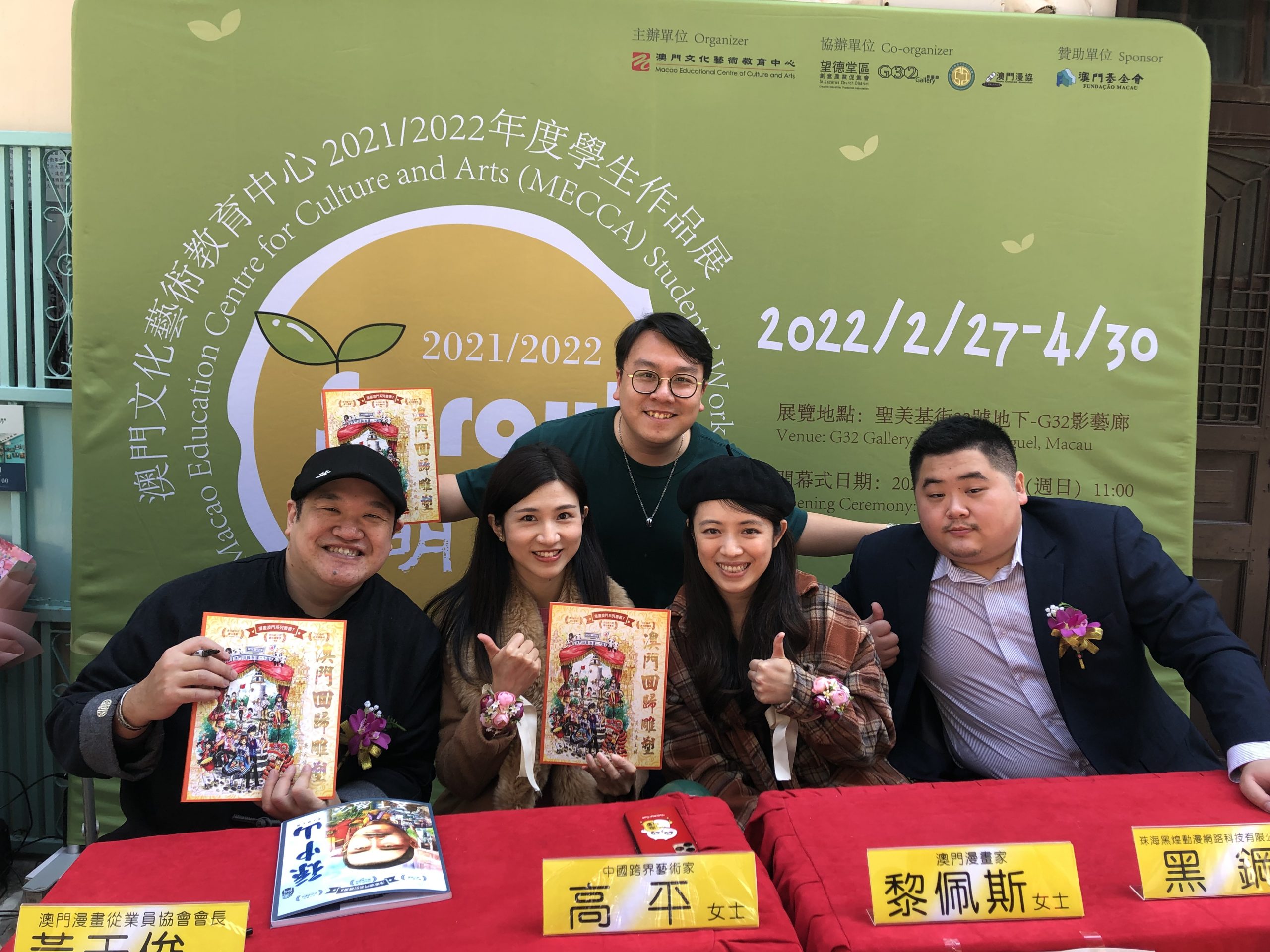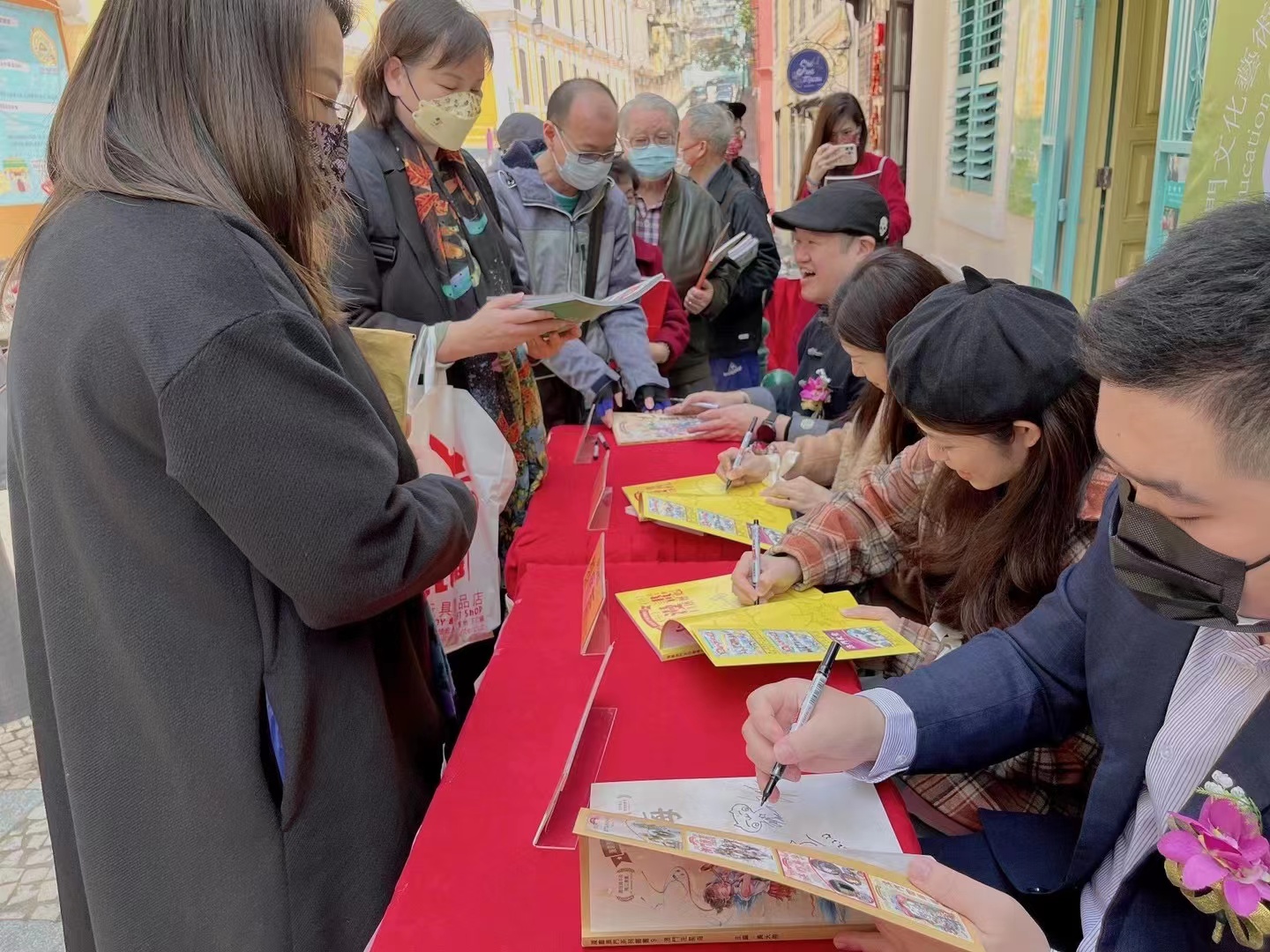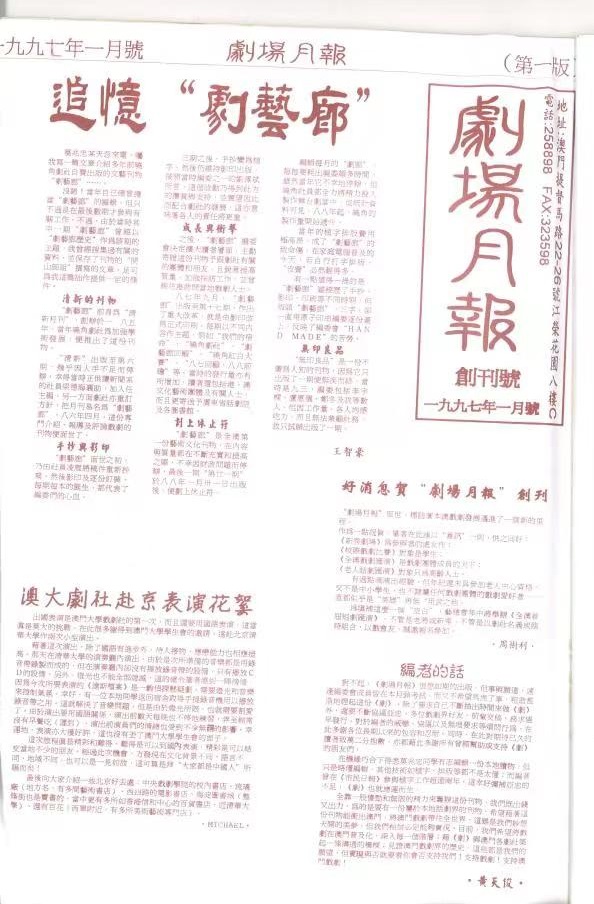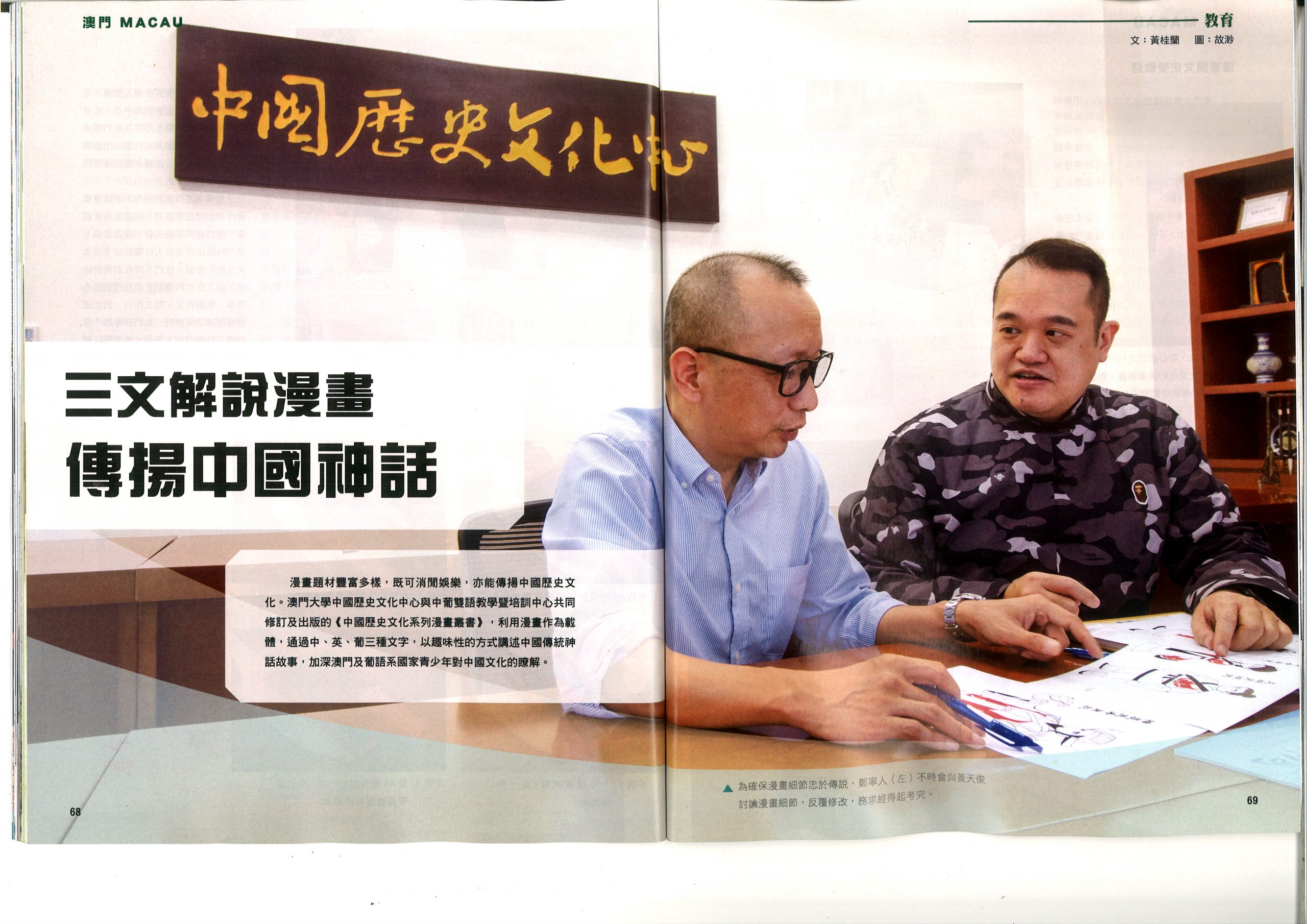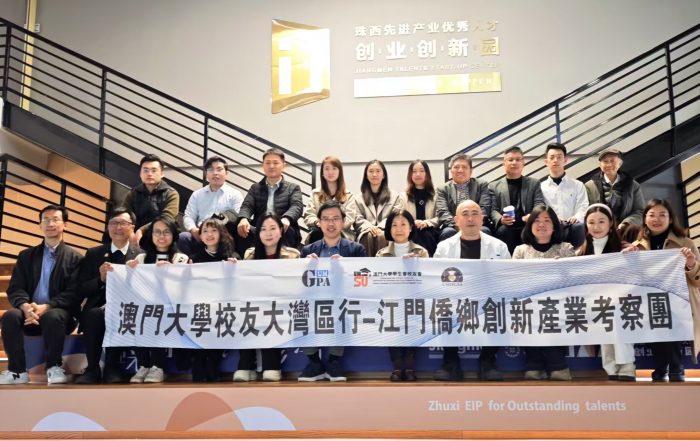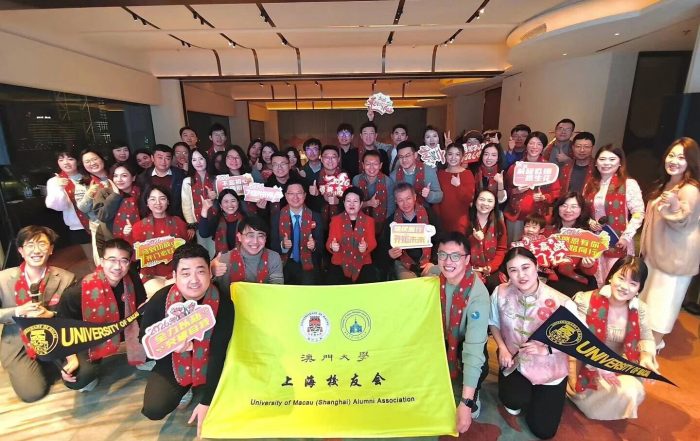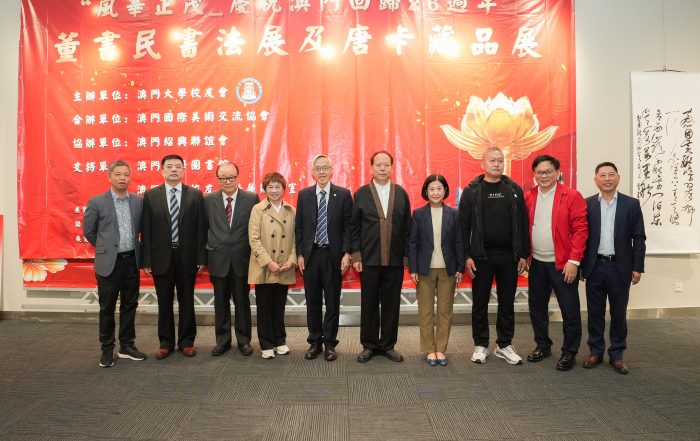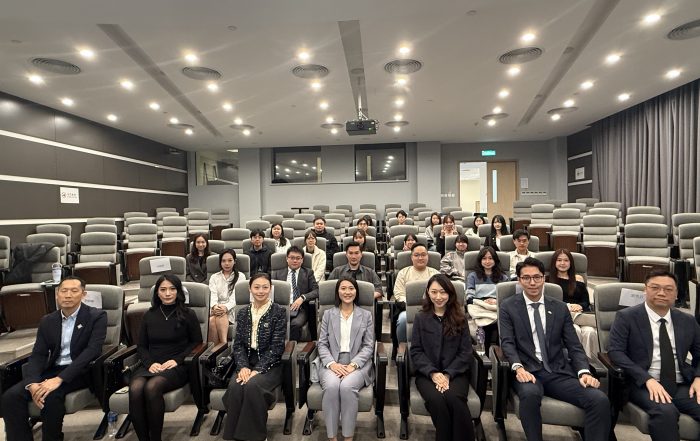Michael Wong (Class of 1998, Bachelor of Arts in Chinese Communication Studies) has always been passionate about drawing comic characters since childhood and turned his interest into a career as a comic artist. He opened up his own animation production company and published a series of local comic books. He was awarded the “Hong Kong Best Picture Book and Independent Comic Award”, “Asia Pacific Best Educational Comic Award”, “21st and 22nd APHCA Creative Paper Graphic Design Merit Award”, “MAD! Asia Pacific Animation Awards 2018: Best Novel Comic Award” with his work “Macao Comic Book Series”. With the successful presentation of the books, Michael had become a well-known comic artist in the local animation industry.
Starting point of the animation creation road
UM’s education had stimulated Michael’s art sense and creativity, as well as laid a solid foundation for him to join the creative arts industry after graduation, “The communication programme is very practical, Prof. Cheng helped us to equip the script writing and film production skills, while Prof. Wu shared his insights and work experiences with us, which inspired us to pursue our interests.” Later, Michael established the “UM Comics Club” with his classmate Leung Hao Yin and co-published the “Theatre Newsletter” with another classmate Mok Sio Chong; who were also keen on animation creation at the time. With the assistance of these like-minded people, Michael kick-started his career as a comic artist.
Creating a local animation IP with historical and cultural perspectives
In view of the importance of brand uniqueness and demand in the local market, Michael published a series of educational comic books – “Macao Comic Book Series”. The books themed on the local history and Macao as the designated World Heritage site, depicted a solid local animation IP with the mixture of Macao’s history, culture and animation factors. “The content of the series is adapted from those real historical events that happened in Macao, which aims to use comic characters to re-enact those tedious historical stories and attract the young generation to read these stories in a more interesting and vivid way.” Michael was also involved in the publication of the trilingual (Chinese, Portuguese and English) comic book series published by UM’s Centre for Chinese History and Culture – “The Comic Book on Chinese History and Culture”. He assisted the Alma Mater to design the animation IP and manga expressions for the books to promote Chinses history and culture.
Seek opportunities for the industry in the Greater Bay Area
Talking about the development opportunities of Macao’s animation industry, Michael believes that Macao has talents, but being a small city with limited market and resources, it is necessary for the industry to rely on the mainland market and resources to further expand. “Taking full advantage of the well-developed video gaming market in mainland China, many Macao artists have tapped into the mainland market in recent years. They cooperated with those well-known animation production companies to design and produce many popular gaming products and animation IP values with great spin‑off potential.” He pointed out that the cooperation with mainland companies can create a synergy effect, which could further promote the development of the creative cultural industry and diversification of economic development in Macao.
Nurturing young talents for the industry
As a pioneer of the animation industry and the President of the “Macao Comickers Association”, he had cooperated with different parties to organize activities over the years, such as the comic illustration contest and animation game song competition. The winners can have chances to learn the animation production techniques in mainland institutions, he hoped to provide platforms for the young generation and cultivate local talents for the industry.
Advice for the young generation
Michael suggested the young people to choose a field of interest to try out, participate in the competitions to accumulate experiences and increase the exposure of their works. Moreover, with the work experiences as the Director of “UM Students’ Union”, the President of the “UM Drama Club” and the Vice President of the “UM Comics Club”, he had learned working as a team and serving others, which were beneficial to his future career. He encouraged students to join more group activities, develop personal networks and a sense of concern for social affairs to work out their own career development plan.


